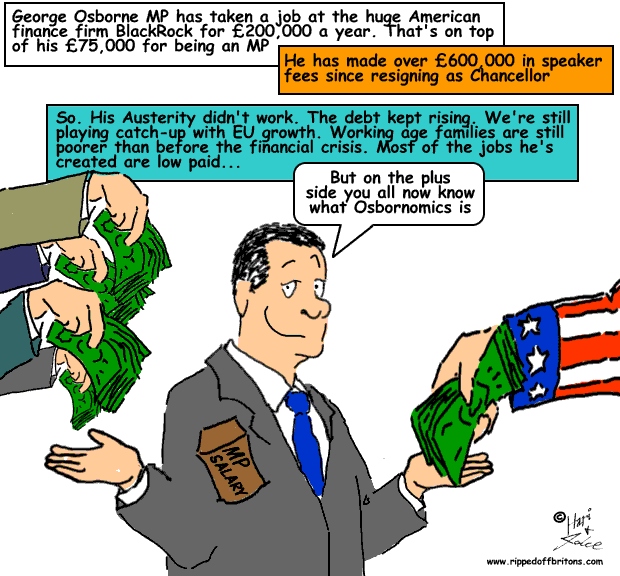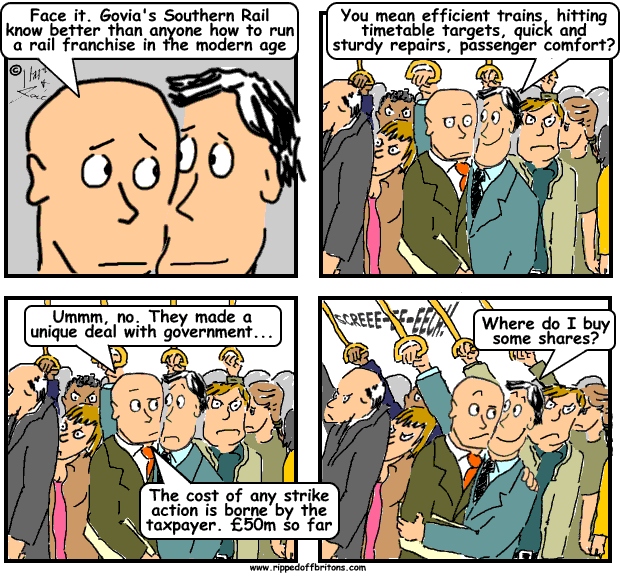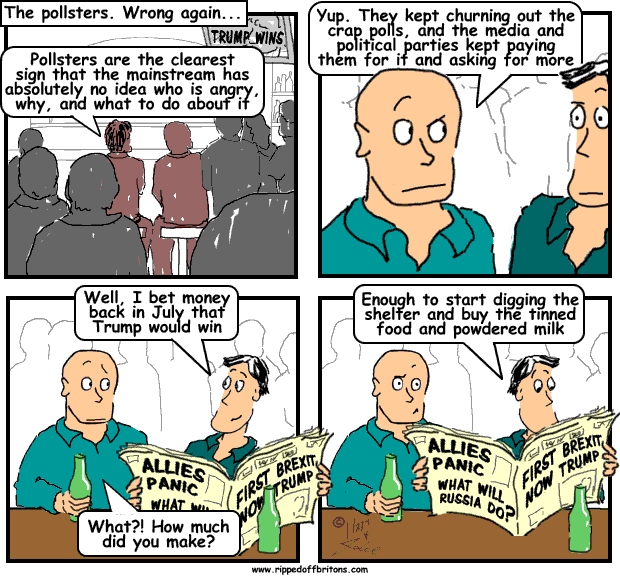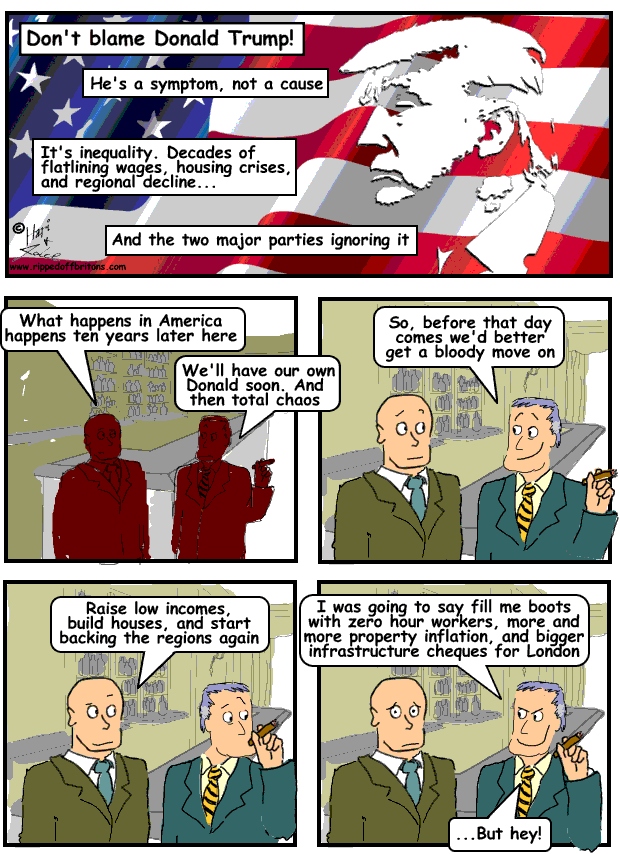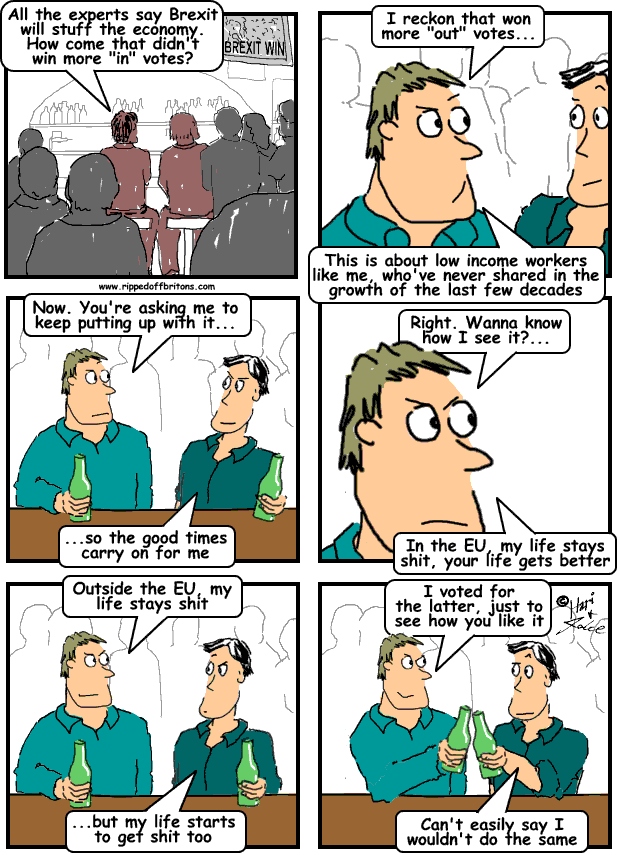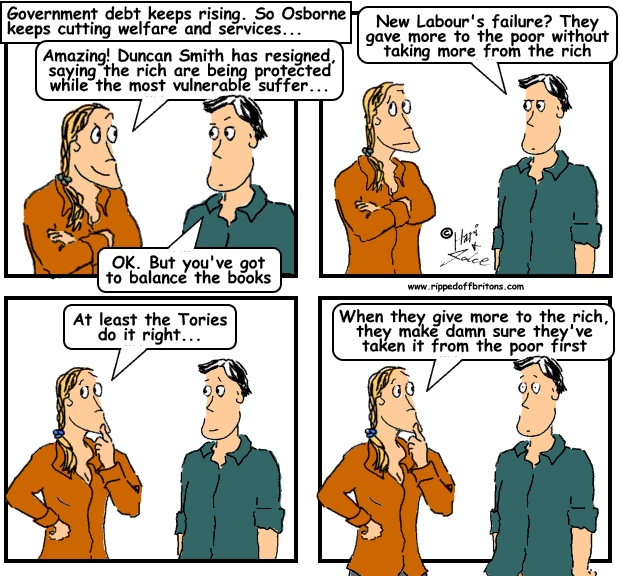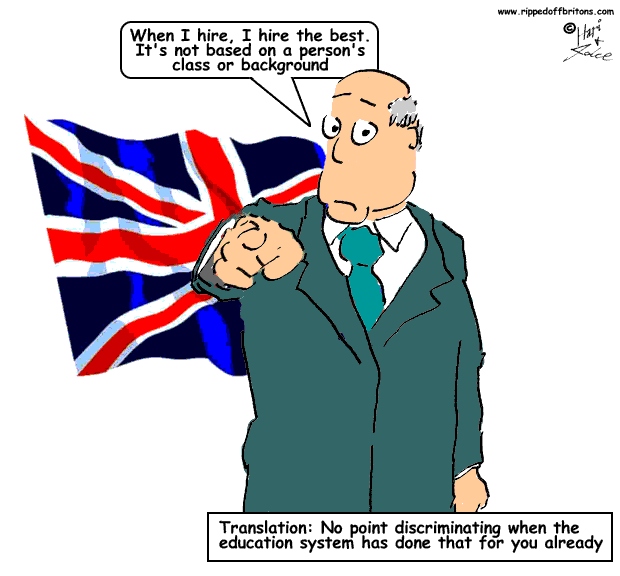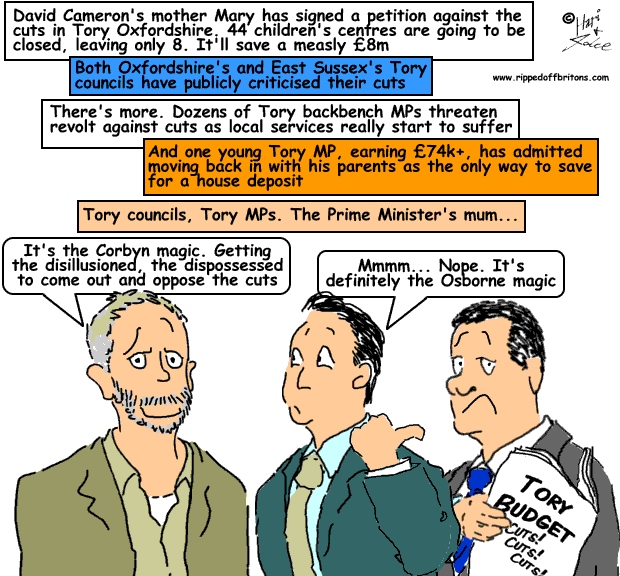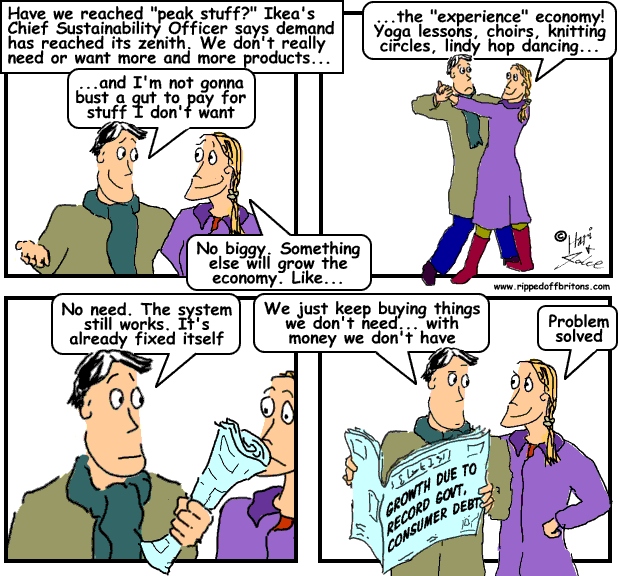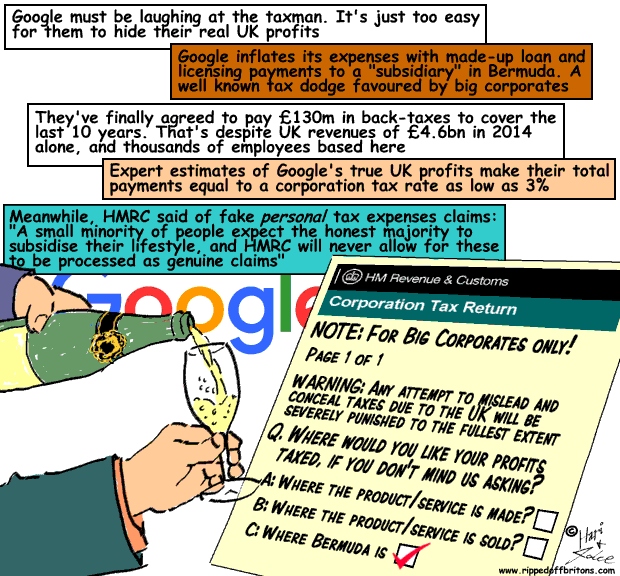
Average UK living
standards return to pre-recession levels, thanks only to soaring pensions. Workers
are still waiting
The Office for National Statistics (ONS) has published the
latest snapshot of household incomes. It shows that, more than seven years
after the financial crisis, the losses suffered in the most severe downturn of
the modern age had finally been recouped. But the ONS said the recovery since
the trough in living standards reached three years ago was entirely due to the
improved financial state of retired households, adding that working households
still had ground to make up to return to pre-recession levels. Retired
households are almost 10% better off on average than they were before the
recession, their incomes having risen to £21,100 – £1,800 above their
pre-downturn peak of £19,300. The incomes of non-retired households also rose
in 2014-15, but remain £800 below their pre-recession high of £28,900, at
£28,100. Britain’s pensioners have seen their spending power safeguarded by the
triple lock, which guarantees that pensions rise by the rate of inflation,
growth in average earnings or 2.5%, depending on which is the highest in any
given year. Non-retired households, by contrast, have been affected by wages
increasing more slowly than prices. The ONS said its preliminary estimates
suggested income inequality had been broadly unchanged between 2013-14 and
2014-15, but was slightly lower than it had been before the recession. The Gini
coefficient, one yardstick for calculating income inequality, was 34.2% in
2007-08, but has since fallen to 32%. (A Gini coefficient of zero would
indicate that income was shared equally, while a Gini coefficient of 100% would
mean the entire income of the UK was taken by one individual). GUARDIAN
Energy firms defiant
after big suppliers are slammed for failing to pass on plunging wholesale gas
and electricity costs
Although there was a round of gas price cuts between January
and April, British Gas is the only one of the Big Six to reduce tariffs since
then, with a 5 per cent gas reduction in August - and no major energy supplier
has cut electricity. Four out of the 'Big Six' suppliers snubbed a June letter
from Energy Secretary Amber Rudd demanding they pass on a 20 per cent reduction
in gas and electricity costs. Ms Robinson said, 'Single digit reductions fall
well short of the double-digit drop in wholesale energy prices. With the global
oil surplus expected to continue into 2016, suppliers have no excuses left for
refusing to pass on double-digit bill reductions to hard-pressed consumers.'
Earlier this month, analysts at ICIS revealed that 'the gas price finished
September down 29% from the same time last year, at 40.713p/th.' DAILY MAIL
Monsoon named and
shamed for not paying 1-in-4 staff minimum wage
Monsoon short-changed 1,438 workers – more than a quarter of
its UK store staff – a total of £104,507.83. The company has been forced to
reimburse staff and pay a fine of £28,147.81. The retailer previously required
all staff to wear Monsoon clothes on duty, after buying them at a discount. The
compulsory expense meant in effect many staff were taking home less than the
minimum wage. Monsoon has since started paying a clothing allowance and raised
wages. 115 companies have been caught in the latest swoop by HM Revenue and
Customs (HMRC), which oversees implementation of the pay regulations. The
government introduced the practice of naming firms in October 2013 to raise
pressure on companies to stick to the rules entitling workers to a minimum of
£6.70 an hour. This year’s list includes hair salons, car repair shops and a
riding centre for disabled people. Workers at the 115 companies were owed more
than £389,000 in arrears. After years of falling real wages since the financial
crisis, campaigners have piled pressure on employers this year by highlighting
that the government was topping up low pay through the benefit system. They
targeted the annual shareholder meetings of major retailers, including
Morrisons, Next, Sainsbury’s and Tesco, with protests to demand the adoption of
the full living wage, which is set by independent analysts and is £7.85 an
hour, or £9.15 in London. GUARDIAN
Channel 4 FactCheck: Pre-election
Cameron DID say tax credits are “not going to fall”
The Treasury is proposing cutting the income thresholds for
tax credits – that’s the amount of money you can earn before your tax credits
begin to be withdrawn. If a new piece of legislation is passed, people will
start seeing their Working Tax Credit reduced after they earn £3,850 instead of
£6,420. The Child Tax Credit threshold will fall from £16,105 to £12,125. Once
households reach the threshold, the credit will be removed at a faster rate –
by 48p in the pound instead of 41p. And the amount of extra income you can earn
in a year without affecting the payments is being cut from £5,000 to £2,500.
There is no transitional protection to soften the blow for people who will see
their benefits cut. The proposed changes come on the back of other reforms to benefits
and tax credits already voted through in the summer Budget and the Welfare
Reform and Work Bill. Ministers have said that the Conservatives were upfront
with voters about wanting to slash Britain’s benefits bill. But there was no
specific mention of tax credits in the party’s 2015 manifesto. In the party
leaders’ edition of Question Time just before the election, an audience member
asked David Cameron if he would “put to bed rumours that you plan to cut child
tax credit and restrict child benefit to two children”. He replied: “No. I
don’t want to do that. This report that was out today is something I rejected
at the time as Prime Minister and I reject it again today.” Asked if the child
tax credit payment was going to fall, Mr Cameron said: “It’s not going to
fall.” CHANNEL 4 FACTCHECK




